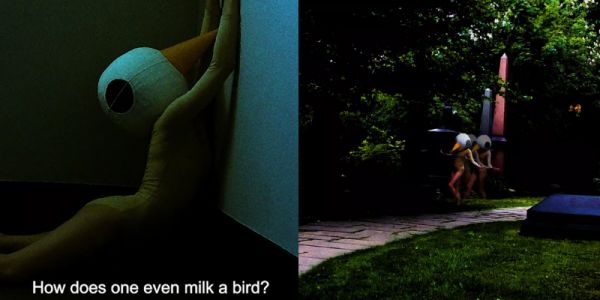
Graduate art prize winner announced
BA Fine Art student Astrid Butt has been awarded the 2022 Friends of University Art and Music Graduate prize.

BA Fine Art student Astrid Butt has been awarded the 2022 Friends of University Art and Music Graduate prize.
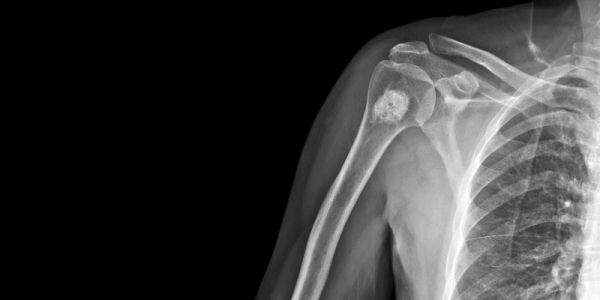
A successful musculoskeletal research partnership between the University of Leeds and the Leeds Teaching Hospitals NHS Trust has been extended for a further five years.
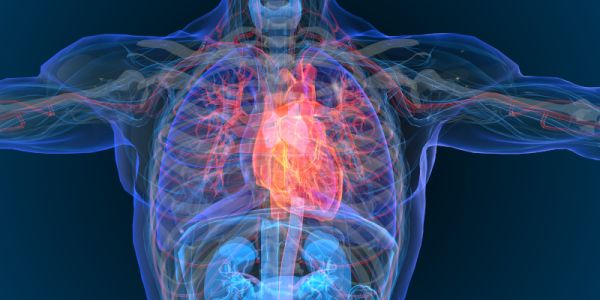
Research over the past two decades has culminated in a “new and promising” approach to developing drugs to treat cardio-metabolic diseases.
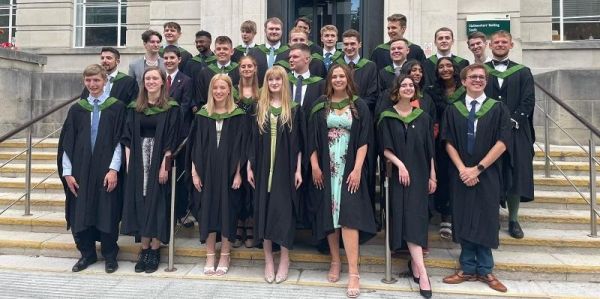
The first PwC apprentices to complete a technology degree apprenticeship at the University have graduated, with 31 out of the 34-strong class being awarded a first-class honours degree.

A Leeds professor has been awarded a prestigious fellowship to investigate one of the most complex areas of maths in astrophysics.
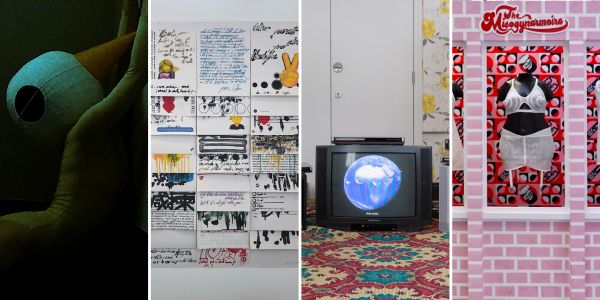
This year’s FUAM Graduate Art Prize highlights thought-provoking work on gender and digital identity.

New research shows that the UK can dramatically reduce its energy demand to meet net zero emissions targets by 2050 without negatively impacting quality of life.
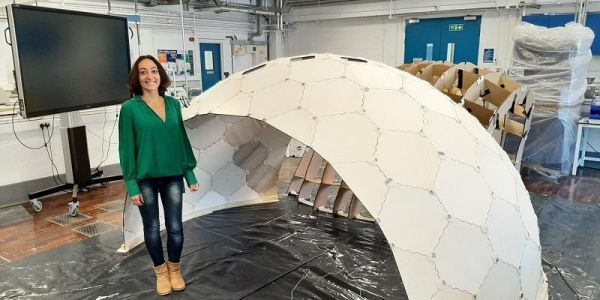
A leading researcher at Leeds has been named as one of the most influential women in engineering.
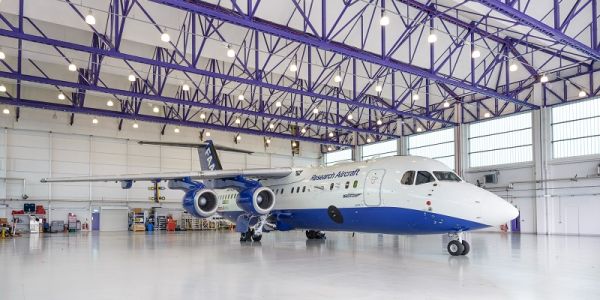
The UK’s flying laboratory will remain at the forefront of environmental research following a significant investment by the UK Government.

Air quality inside buildings and on transport systems should be improved to reduce the impact of future pandemics or the spread of flu and other infectious diseases, say engineers and scientists.